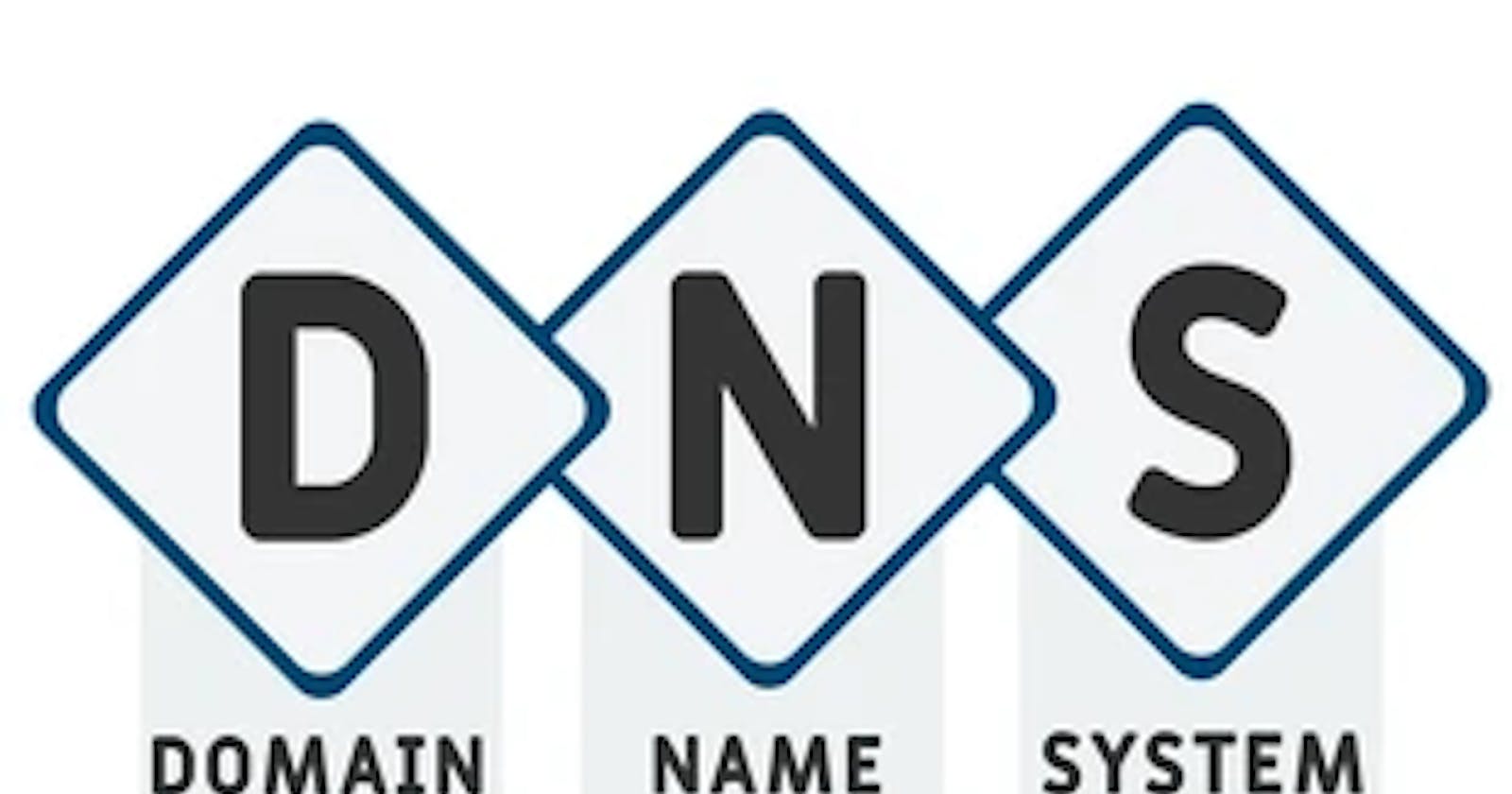Every website on the internet has an IP address also known as; an Internet Address, that is mapped to the name of the website called a Domain Name.
When you enter your web browser, you don’t need to enter a long number of IP addresses to visit a website, instead, you just need to enter a simple name in the form of 'www.example.com'. When a user types the Domain name into their
web browser, the DNS server is responsible for finding the correct IP address with the name and this is done through a few processes, then the browser then uses the addresses to communicate with the server and then display the information to the user.
Think of the DNS server as your phone book that matches every phone number to a name you can quickly and easily remember, such that when you search that name; correctly, the number appears and you can easily dial the number.
But looking at it the other way, if you don’t save a number on your phone with a name, it will be very tedious for you to search for it because the stress of remembering every single number on your phone can be so tiring. So, every website you visit every day has a specific Internet address that is associated with them which makes the server store them.
DNS server translate requests (Queries) from an end user typed into their web browser into IP addresses that make computers communicate via the internet.
TYPES OF DNS SERVERS
4 major types of DNS servers need to work hand in hand to successfully
display the information to a user.
They are explained are as followed:
Recursive DNS
Though the authoritative DNS has the final authority over a piece of domain information, users typically do not make queries directly to authoritative DNS services instead users make queries to a resolver or recursive DNS first.
A resolver acts as a service worker; while it does not own any DNS records, it acts as an intermediary who can get the
needed information on user behavior.
Note that if the Recursive DNS server cached the DNS reference, or stored it for some time, then it answers the DNS queries from the user by providing the IP Information but if not cached nor stored, it then passes the query to the DNS nameserver followed by another request to the TLD nameserver and then stops at the authoritative server to look for the information.
DNS Nameserver
The DNS nameserver is considered as the recursive resolver, after the recursive DNS server accepts queries from the client, it then passes it down to the DNS nameserver and this nameserver responds by passing down the received queries from the recursive DNS server to the TLD nameserver based on the extension of that domain name (.com, .org, .net, .ng), etc.
Note: There are 13 different types of nameservers.
TLD nameserver
A TLD nameserver maintains information for all the domain names that share a common domain extension, such as .com, .net, or whatever comes after the last dot in a URL.
For example, a .com TLD nameserver contains information for every website that ends in ‘.com’. If a user was searching for google.com, after receiving a response from a root nameserver, the recursive resolver would then send a query to a .com TLD nameserver, which would respond by pointing to the authoritative nameserver (see below) for that domain.
Authoritative DNS
This is the server that helps in providing the Internet address of the domain, the Authoritative DNS is responsible for answering queries, and translating domain names into IP addresses so computers can communicate with each other via the Internet.
Authoritative DNS as its name implies, has the final authority over a piece of domain information, thereby providing a piece of detailed information to the recursive DNS.
Conclusion
The DNS server is the phone book of the internet that matches IP addresses to the domain name.

